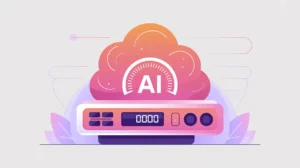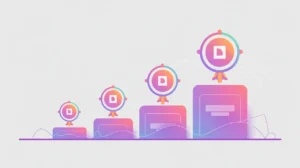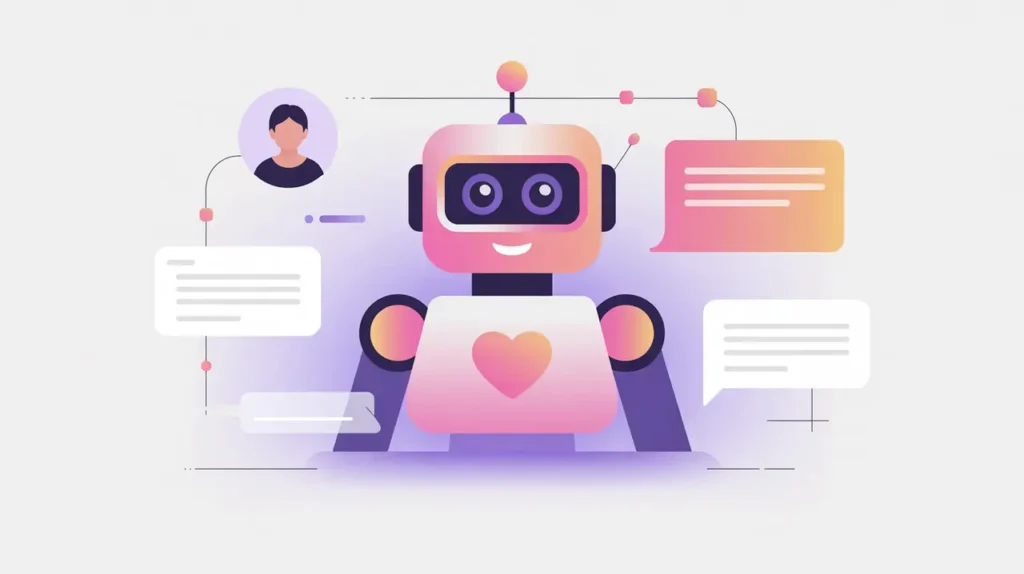Importance of Beneficiary Support Chatbots
Beneficiary Support Chatbots are AI-powered conversational tools that provide information, guidance, and assistance directly to program participants. Available through SMS, messaging apps, or websites, they extend organizational capacity by offering 24/7 support at scale. Their importance today lies in making services more accessible, timely, and personalized, particularly in regions where staff cannot always meet demand in person.
For social innovation and international development, beneficiary support chatbots matter because they connect organizations directly with communities. They improve access to information, reduce wait times, and ensure that beneficiaries receive consistent support, even in resource-constrained settings.
Definition and Key Features
These chatbots can be rule-based, using scripted decision trees, or AI-driven, leveraging natural language understanding (NLU) and large language models (LLMs). Features often include multilingual support, integration with case management systems, and escalation pathways to human staff. Deployment channels range from WhatsApp and Facebook Messenger to custom mobile apps.
They are not the same as generic customer service bots, which focus on e-commerce or technical support. Nor are they equivalent to hotlines alone, which require human operators. Beneficiary support chatbots are tailored to the needs of nonprofit and development contexts.
How this Works in Practice
In practice, chatbots can answer FAQs about program eligibility, guide users through registration, provide reminders for appointments or services, and collect feedback from beneficiaries. Integration with backend systems allows them to personalize responses and update records in real time. When issues exceed chatbot capabilities, they can escalate to human caseworkers for follow-up.
Challenges include ensuring accuracy, protecting sensitive beneficiary data, and maintaining accessibility for users with low literacy or limited connectivity. Trust must be carefully built, as poorly designed bots can frustrate users or spread misinformation. Continuous monitoring and updates are essential.
Implications for Social Innovators
Beneficiary support chatbots provide tangible value across mission-driven sectors. Health programs can use them to provide vaccination reminders or answer questions about disease prevention. Education initiatives can offer tutoring support, attendance notifications, or exam preparation tips. Humanitarian agencies can deploy chatbots for aid distribution updates or crisis hotlines. Civil society groups can provide legal guidance, advocacy updates, or civic education through conversational channels.
By extending organizational reach and responsiveness, beneficiary support chatbots help ensure that communities receive timely, reliable, and accessible support wherever they are.







